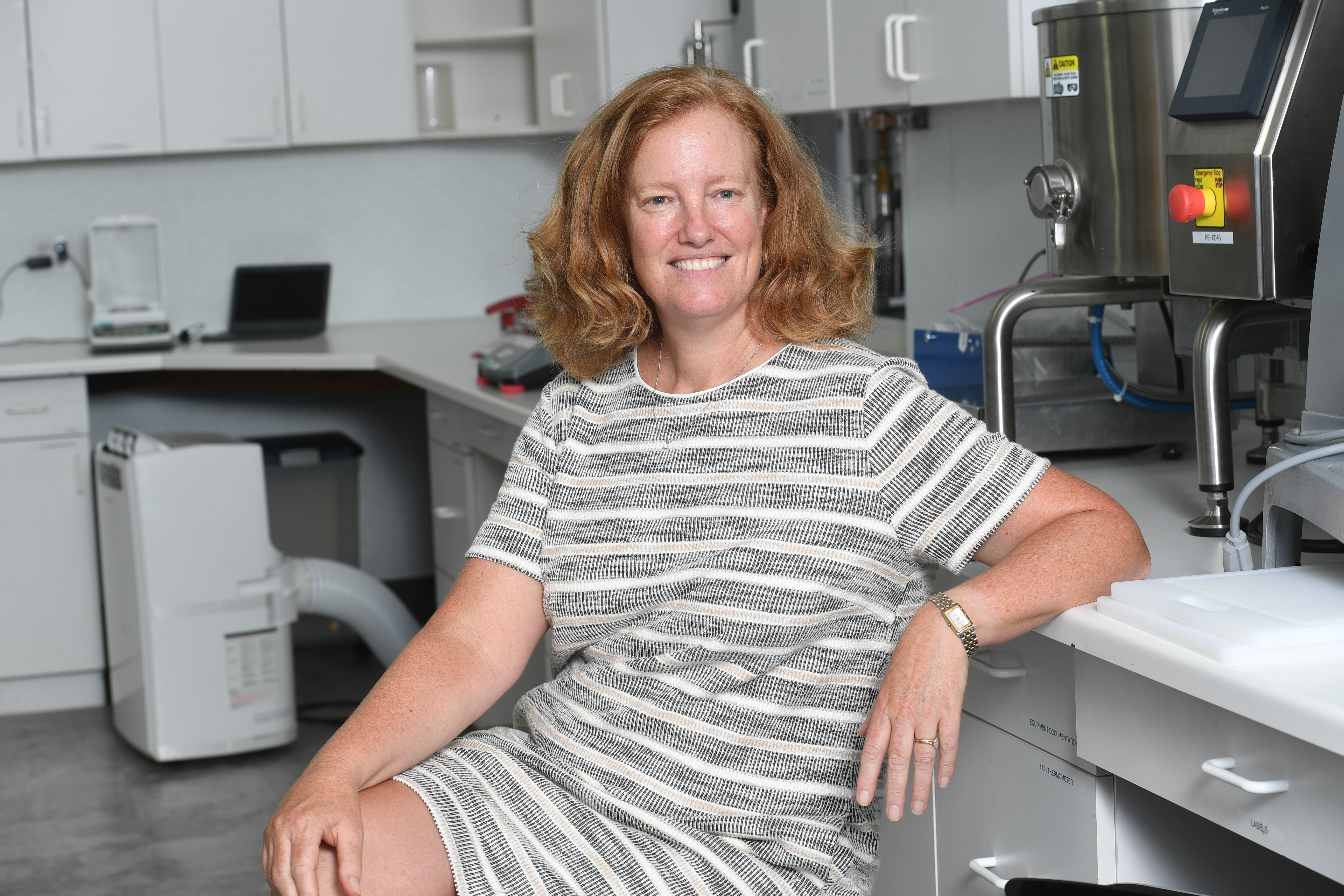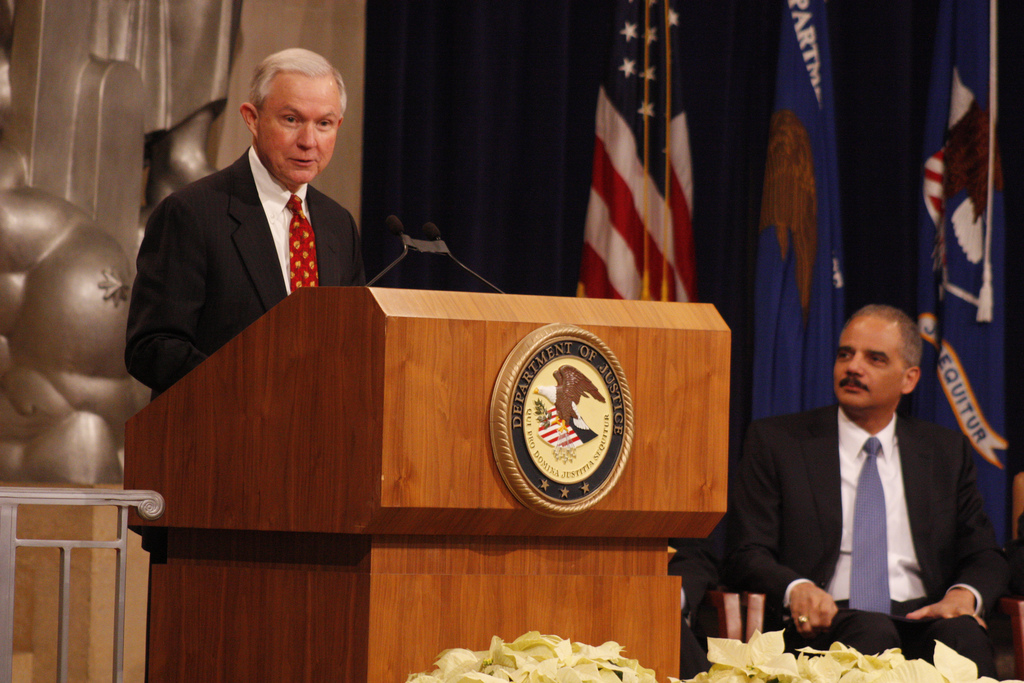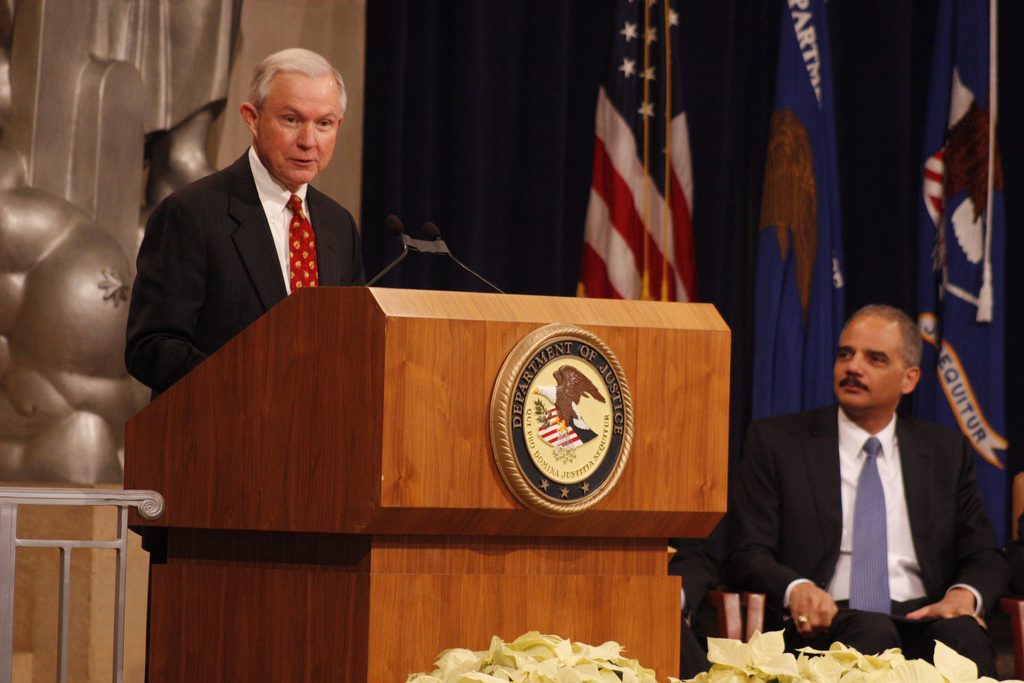Project Yosemite, a cannabis product innovation and brand development company, announced earlier this month the appointment of Jennifer Raeder-Devens as their new Chief Scientific Officer. Raeder-Devens is a veteran of the MedTech industry, working for companies like Becton Dickinson, Cardinal Health, Medtronic and 3M.
Prior to joining Yosemite, she was the Vice President of Research & Development at Becton, Dickinson, where she oversaw product development and technology strategies to launch infection prevention products including the ChloraPrep first-in-the-US sterile solution patient preoperative topical antiseptic. She was previously the Vice President of R&D, Strategy and Innovation at Cardinal Health. She’s also held roles at Medtronic, 3M Drug Delivery Systems and 3M Skin Health Division and she has a number of patents in drug delivery and medical devices.

In November of 2018, Project Yosemite launched their first product, OLO, which is an infused, controlled-release sublingual strip. Part of Raeder-Devens’ new role at the company is the continued development and expansion of the OLO sublingual strip technology platform. Andrew Mack, CEO and founder of Project Yosemite, says he’s thrilled to have Raeder-Devens on the team. “Jennifer is an extremely accomplished scientist and engineer with extensive experience driving innovation and R&D in the pharmaceutical and medical device industries,” says Mack.
We caught up with Jennifer over the phone to talk about her background in the MedTech space, why she decided to jump ship to join the cannabis industry and what she’s excited to work on now.
Cannabis Industry Journal: Can you tell us about your background, including your work with 3M and Medtronic?
Jennifer Raeder-Devens: I’m coming directly from Becton Dickinson, a global med tech company, where I supervised the development of drug-device combination products for topical antiseptics. I spent about 10 years there, mostly in topical drug and combination product development. Prior to that, I was at 3M and Medtronic working in drug-device combination products. At 3M, I was supervising a team of technology developers for the 3M Drug Delivery Systems business. I had experience working with designing and manufacturing transdermal, nasal, buccal and inhalation drug delivery mechanisms for pharmaceutical partners.
I worked on implantable drug delivery systems at Medtronic, which included working on the biocompatibility of things like pacemakers and drug infusion pumps and optimizing them to reduce infection and enhance healing after the implantation procedure.
CIJ: What made you consider joining the cannabis industry?
Jennifer: With my work in topicals, transdermal and inhalation drug delivery, I had an easy understanding of the different routes of administration we see today in the cannabis industry. And so, from the technology standpoint, I thought this was a place I could contribute to immediately. And then what got me really excited about it was thinking about cannabis, and just like any other drug, with oral drug delivery, you’ve got first class metabolism and side effects from the 11-Hydroxy-THC that are undesirable and you’d rather not have delivered through the gut.

I got excited when I saw the development of things like sublingual strips that were focusing on alternatives to smoking that would preserve that relatively fast onset and mitigate some of the side effects of edibles.
The other thing I really like about the cannabis industry: Previously I have been very focused on known drugs that are already approved and repurposing them into a new delivery system. What really interests me about the cannabis industry is the active cannabinoids and terpenes are somewhat known and somewhat unknown, so there is this really interesting challenge there of trying to separate the wheat from the chaff in terms of producing therapeutic effects.
It is a really interesting space where the indications of certain molecules are evolving along with the delivery technology. So, it is a really exciting and eye-opening way to take the next step in my career and have this wide-open space in front of me, both in terms of the different cannabinoids, their effects and the delivery systems we can use.
CIJ: How might you be prepared, given your background, for some of the challenges in the cannabis space?
Jennifer: I think the challenges in cannabis delivery are not different from the challenges in pharmaceutical drug delivery. It’s just that we have this additional complexity of the entourage effect. We can be engineering not just the main ingredient of THC, but also all the other cannabinoids and terpenes. So, for example, with my background in infection prevention, we build a product that we know reduces the risk of infection, but we are really challenged to actually prove it reduces the risk of infection. We have a similar situation in the cannabis industry, where we can get the THC, or CBG or CBN where we want it to go, but then we are really challenged to figure out how we can find, what we call in the pharmaceutical industry, a surrogate end point for efficacy, so that we can test that product and really believe that when we put the product on the market, even though we haven’t tested thousands of users or conducted large randomized clinical trials, that the effect will be shown. We are networking and partnering with a good scientific community to build the right product and do some testing at a small scale that really demonstrates the product achieves the effect that we are really looking for.
CIJ: Can you tell us a little about your new role with Project Yosemite?
Jennifer: My job description falls into three buckets: The first part is that we are forming a scientific advisory board and we are working with some of the leading cannabinoid researchers around the country and around the world. These are the people identifying whether or not certain cannabinoids could reduce cancer cell metabolism or whether cannabinoids contribute to weight loss or diabetes control and other things of that nature. We are trying to reach as far upstream as we can to grasp the emerging understanding of the performance of cannabinoids and terpenes in the endocannabinoid system. So, part of my job is to chair that scientific advisory board, get the thought leaders together in the room and have them bring their knowledge and explore with our own knowledge what cannabis can really do.

I have worked in topical, transdermal, buccal, nasal, inhalation drug delivery. In the second bucket of my job, we are trying to understand a given indication or experience that our users want to have, what would be the right route for them. We are challenging our sublingual delivery mechanism to see how fast of an onset we can really get. Right now, we are at 10 minutes for drug delivery in sublingual and we are still trying to get an even faster onset time for the sublingual strip.
For other indications, like chronic pain, we may want to think about a sustained release, so sort of aligning the different indications with which different cannabinoids and terpenes will work for it and see which delivery platform will work for what we are trying to accomplish in each indication. So, we do not plan to remain solely a sublingual strip company, but will build out additional delivery platforms as we develop new indications.
Right now, we are working upstream with the growers and the processors to get cannabis oil and extracts. Some of the growers are working on different genetics in their cultivars to grow plants that have different ratios of different cannabinoids that we know from the emerging research will have an impact on people’s experience. Now we are working with growers to really get ahead of the curve on how to formulate products with various cannabinoids.
We have an R&D team in house that I supervise. We are always working with our production team to make small improvements such as the faster onset and the dissolution rate and things like flavors, which covers a downstream focus as well.






